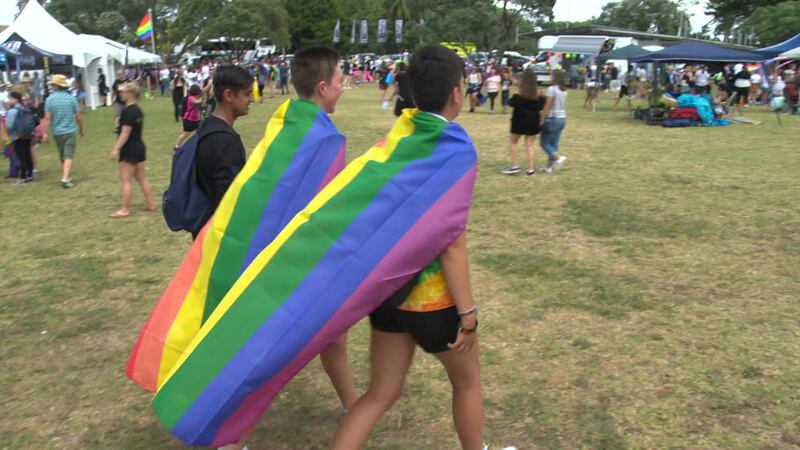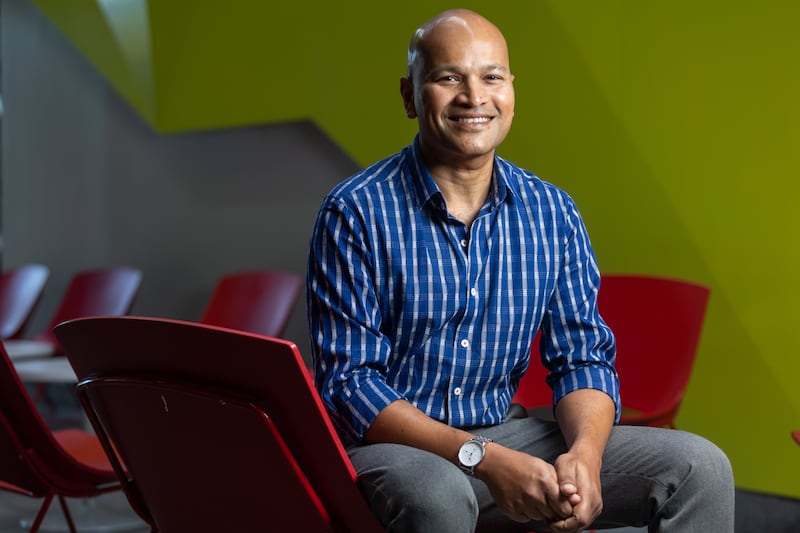A Member’s Bill introduced by New Zealand First to legally define the biological definition of a woman and a man has been condemned by non-binary intersex advocate Tu Chapman.
The Legislation (Definitions of Woman and Man) Amendment Bill seeks to legally define a “woman” as “an adult human biological female” and a “man” as “an adult human biological male.”
Chapman says defining men and women as biological absolutes marginalises certain sectors of society, such as intersex and non-binary.
“Some of us didn’t have the luxury of being biologically female or male. So, where does that sit for us? Because the chromosomes say so? Kāhore!”
“From a tangata Moana and Māori perspective, we are more concerned about who we are rather than what we are.”

She also says that for Māori, the conversation is very different.
“Our characteristics as Māori is not what defines us, what defines us is whakapapa.”
“It is the added value that I am intersex, but the primary value is that I am Māori. So, if we are connected to te ao Māori and to our whakapapa, nothing else matters,
“This bill is a win for common sense.”
An explanatory note in the legislation said the purpose for the bill is to uphold legal certainty and clarity and to protect the integrity of sex-based rights and ensure that language in law reflects biological reality.
New Zealand First leader, Winston Peters, says the bill is a fight against woke culture and ‘cancerous social engineering.’
“This Bill would ensure our country moves away from the woke ideology that has crept in over the last few years, undermining the protection, progression, and safety of women.”
“The need for legislation like this shows how far the deluded left has taken us as a society. But we are fighting back.”
He pire tāmi i te hapori taihemarua
I whai te pire nei i tētahi whakatau i puta i te kōti teitei i Ingārangi i tērā wiki, hei tā te whakatau a te kōti, ko te tangata i whānau mai hei wahine, koia ka whai mana ki raro i ngā ture taurite.
Ka mutu, i Amerika hoki, kua tīmata te Kāwanatanga ki te whakatahuri i ngā ture whakahaumaru te hunga takatāpui, te hunga irawhiti me te maha noa atu.
Hei tā te kāreti kaimātai mate hinengaro o Ahitereiria me Aotearoa, tā Tū Te Akaaka Roa, i raro i te pire nei ka patua te hunga taihemarua.
Hei tā Tākuta Hiran Thabrew o Tū Te Akaaka Roa, ko te hiranga o te ahurea a te tangata te mea matua.
“We know from research in Aotearoa that there are about 117,000 intersex people here. These law changes were to mean they face even greater policing of their bodies and identities under these proposals.”

“As a country, we need to think about the culture that we’re creating with the policies that we develop and progress.”


